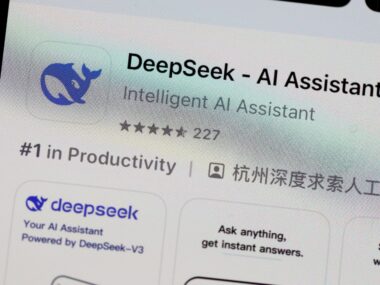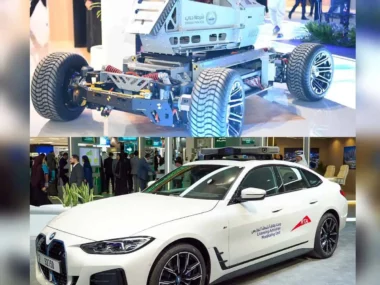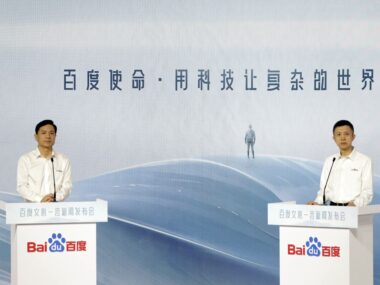Amid growing concerns about the potential job displacement caused by artificial intelligence, a recent study from MIT suggests that the economy may not be fully prepared for machines to replace most human workers. The research indicates that the impact of AI on the job market will likely happen more slowly than initially feared, offering hope to policymakers striving to mitigate the adverse effects on employment.
The study, conducted by MIT’s Computer Science and Artificial Intelligence Lab, aimed to determine not only if AI could automate human jobs but also when this might occur. The findings indicate that a significant majority of jobs previously deemed susceptible to automation are not currently economically viable for employers to replace with machines.
One key insight is that only around 23% of the wages currently paid to humans for jobs potentially automatable by AI would be cost-effective to replace with machines at present. While this situation could change over time, the overall conclusion is that the disruption of jobs by AI will likely unfold gradually.
Neil Thompson, one of the study’s authors and the director of MIT’s Future Tech Research Project, emphasized the economic aspect of implementing AI systems. He explained that, in many cases, humans remain the more cost-effective and economically attractive option for performing tasks. Thompson noted that while AI’s potential to replace tasks exists, it won’t happen immediately.
The study focused on jobs categorized as “exposed” to AI, particularly in the field of computer vision. Researchers examined the wages of workers currently performing these jobs and calculated the potential costs of automating them.
For instance, a retail worker responsible for visually inspecting inventory or ensuring price accuracy throughout a store could, in theory, be replaced by a computer vision-based machine. However, at the current stage, it still makes more economic sense for employers to hire human workers.
The study suggests that, like previous technological disruptions to the labor market (e.g., the shift from agricultural to manufacturing economies), the impact of AI on jobs will likely be gradual rather than abrupt. This gradual transition provides an opportunity for policymakers, employers, and workers to prepare and adapt to the upcoming changes proactively.
The International Monetary Fund (IMF) recently warned that nearly 40% of jobs worldwide could be affected by AI, potentially exacerbating existing inequalities. IMF chief Kristalina Georgieva called on governments to establish social safety nets and retraining programs to counter AI’s disruptive effects.
MIT’s research offers policymakers valuable insights into the expected timeline of worker displacement due to AI, helping them develop more concrete plans for retraining and adaptation. This understanding can contribute to more effective strategies for addressing AI’s impact on the labor market.











